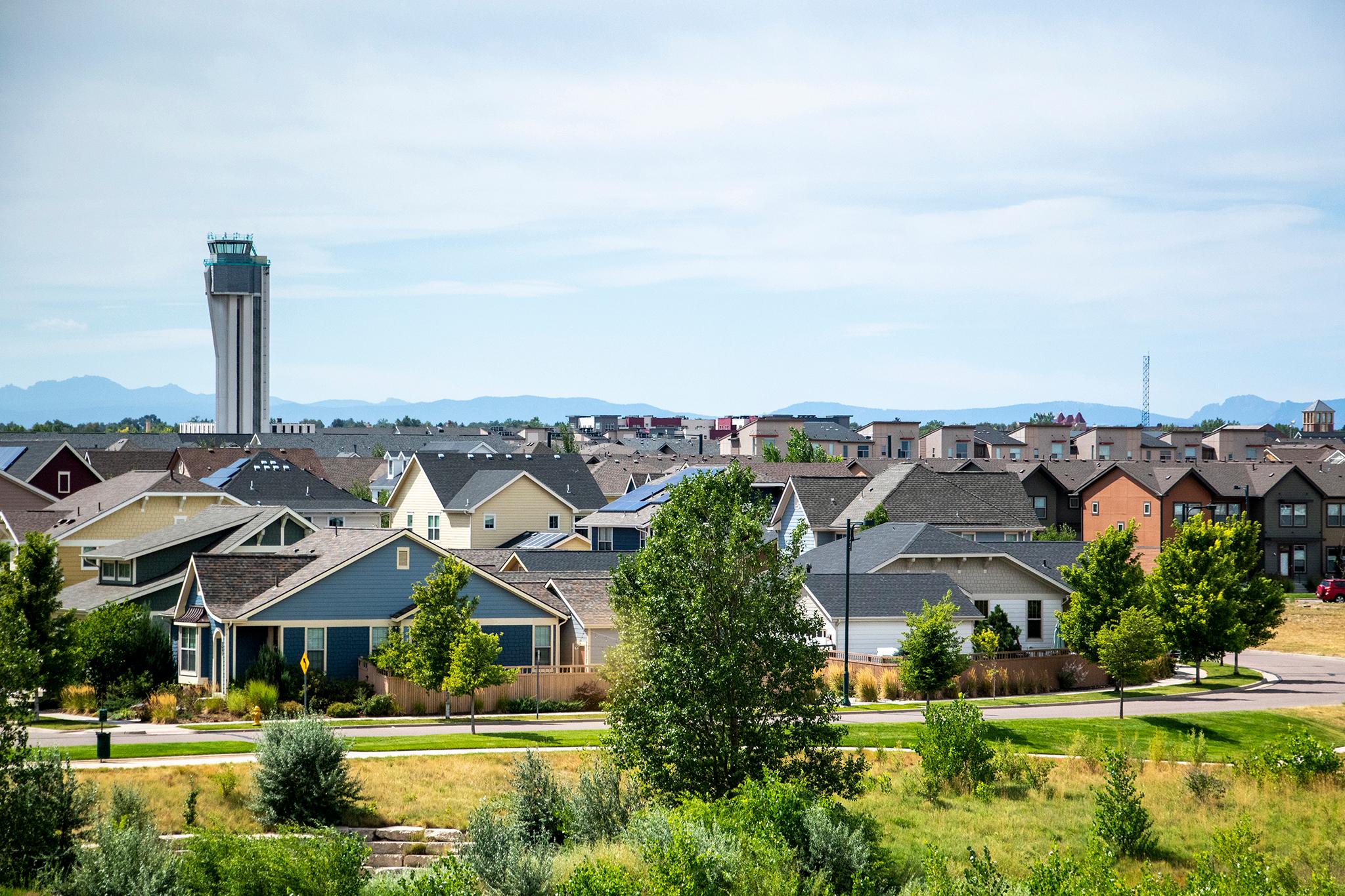The defunct Stapleton Airport control tower still looms high in northeast Denver over the neighborhood named for it. A restaurant interested in preserving it to pay homage to the old airport kept it intact. This physical connection to the city's past works well for a business interested in selling food, booze and a good time.
But the Stapleton name has broader implications for the people who live in the planned neighborhood that sprouted in the early 2000s. To some, the name derived from former Denver Mayor Benjamin F. Stapleton is no longer suitable. That's because Stapleton, who served as mayor of Denver from 1923 to 1931 and from 1935 to 1947, was a member of the Ku Klux Klan.
The name will stay despite serious discussions over the last several years about whether it should change. Those discussions came to a head in 2017 after a white supremacist rally in Charlottesville, Virginia, led to violence that left Heather Heyer dead. That rally's initial purpose was to protest the removal of a Confederate statue in the city.
Its aftermath led to many people reckoning with whether such monuments recognize history or, as was the case in Virginia, honored white men who supported slavery. Locally, it led to community meetings about Stapleton, an overwhelmingly white neighborhood -- 82 percent white, according to according to Shift Research Lab.
Property owners rejected a name change this summer in a vote that saw 65 percent of participants wishing to keep it. Stapleton has nearly 20,000 residents, but not all of them were eligible to vote. Only property owners were allowed to participate, so some owners got multiple votes. The final results showed 3,590 votes out of roughly 10,550 eligible votes (or 34 percent turnout).
The name change would've cost an estimated $300,000, according to documents compiled by the Master Community Association, the neighborhood's oversight group.
Some said that price was too steep. Others said a name change can only do so much.
Ron Adams, who has lived in Stapleton since 2014, voted to retain the neighborhood's name, calling efforts from renaming advocates "a distraction" from issues he believes the community wants to fix -- issues like improving the area's diversity and housing options.
"They're focusing on a single tree in forest, not the forest," Adams said. "Now that this is over, we're hoping we can focus on the actual goals of diversity and affordable housing."
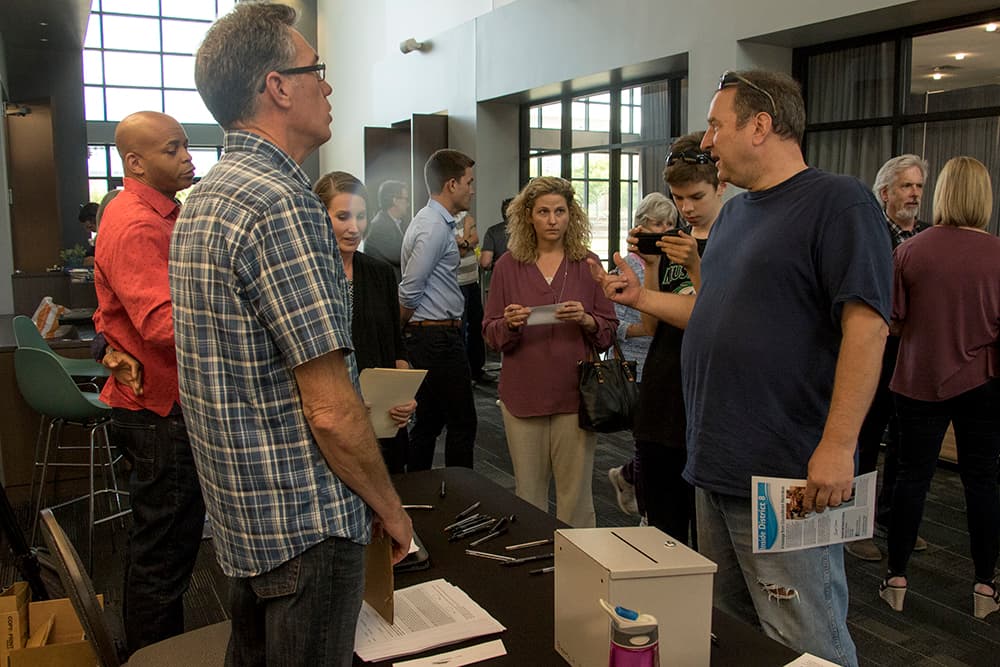
On Thursday, Denverite approached several people near Founder's Green in the neighborhood and asked about the referendum Most weren't familiar with it. Most were also not familiar with the history behind the neighborhood's name.
"People weren't mad about it until they were told about it," Adams said, referring to the former mayor's history. "We weren't honoring Stapleton. Nobody is honoring him."
Yet Denver has a recent history of erasing Stapleton's name from stuff.
These are the most recent examples of name changes or possible name changes in the neighborhood.
Aug. 19, 2019: Stapleton property owners vote to keep the neighborhood's name following a summer referendum organized by the Master Community Association.
Aug. 15, 2019: Denver Parks and Recreation confirms they will change the name of the Stapleton Recreation Center in Globeville.
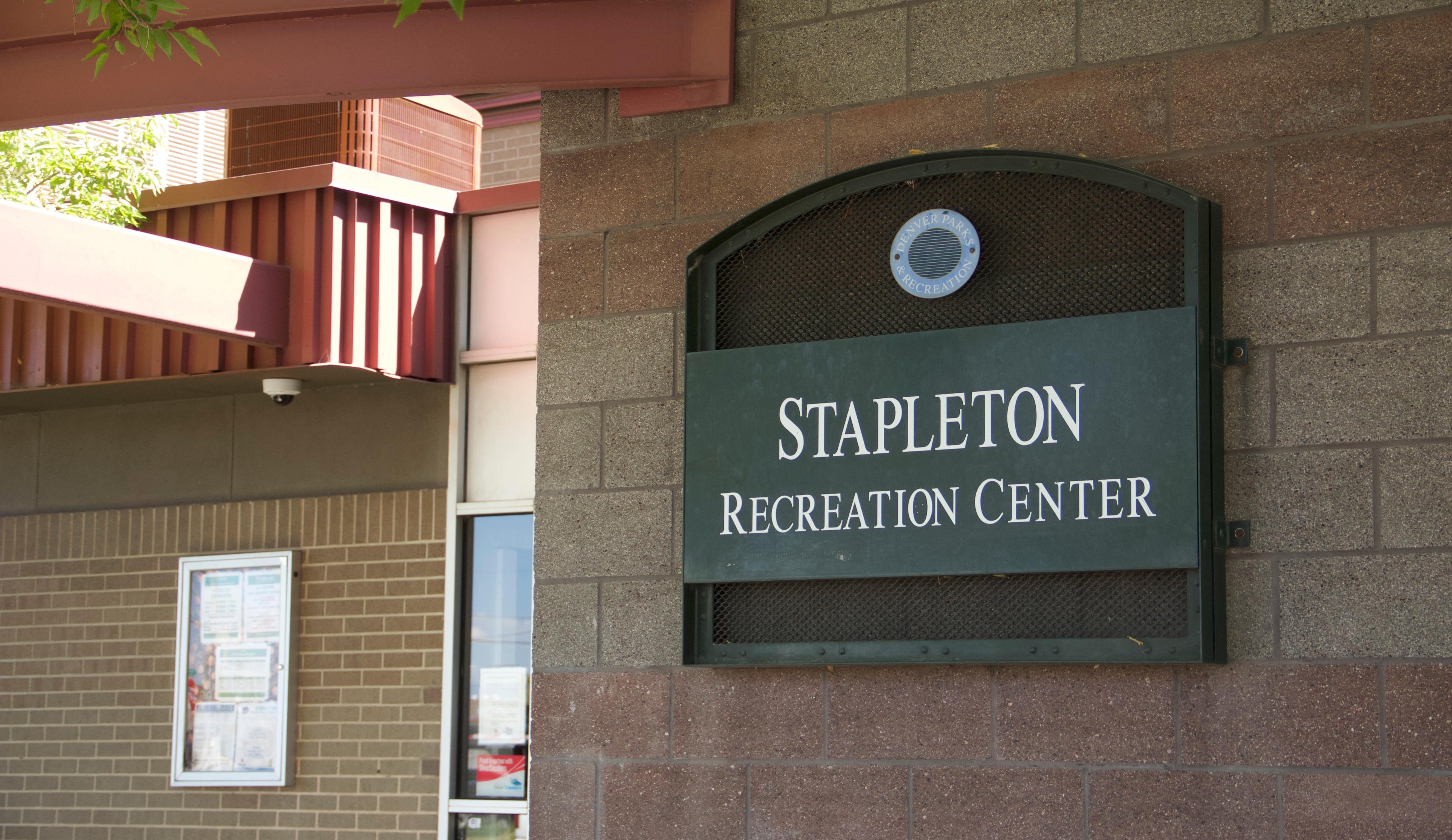
May 16, 2019: Denver School of Science And Technology changes its name from DSST: Stapleton to DSST: Montview.
May 18, 2018: Despite majority support from voters, Stapleton United Neighbors keeps its name after the vote doesn't meet the threshold to trigger the change.
Dec. 2017: The Stapleton Foundation for Sustainable Urban Communities announces they'll be known as the The Foundation for Sustainable Urban Communities moving forward.
Dec. 2017: The Stapleton Citizens Advisory Board changes its name to the Citizens Advisory Board.
Dec. 2017: A Stapleton logo is taken off a sign at a shopping center East 29th Avenue and Quebec Street by the master developer, Forest City.
A look across the country shows how Stapleton's situation compares. One commonality: Some people have the power to change things, and some people do not.
There are a lot of places in this country with overtly racist names. More similarly to Stapleton, some places and landmarks are named after racist people, which require historical context to understand their meaning. Attempts to change them vary from local government action, local referendums and business decisions.
Just this week, the former Cobo Center in Detroit was renamed the TCF Center after a company paid $33 million for its naming rights earlier this year. The massive center had been named after former Detroit mayor Albert E. Cobo, who ran on a segregationist platform in the 1950s. Discussions over changing the center's name surfaced in 2017.
That same year, the city council in Savannah, Georgia, passed a resolution changing the city's Talmadge Memorial Bridge to the Savannah Bridge. The bridge had been named after a 1930s-era segregationist governor, according to the Atlanta Journal-Constitution. The newspaper reported that the discussion began after the events in Charlottesville.
While the vote passed the city council, the effort stalled at the state level, where the request has final consideration. The inaction did not stop the city from putting up new signs in January 2018, though the bridge still has not technically been renamed.
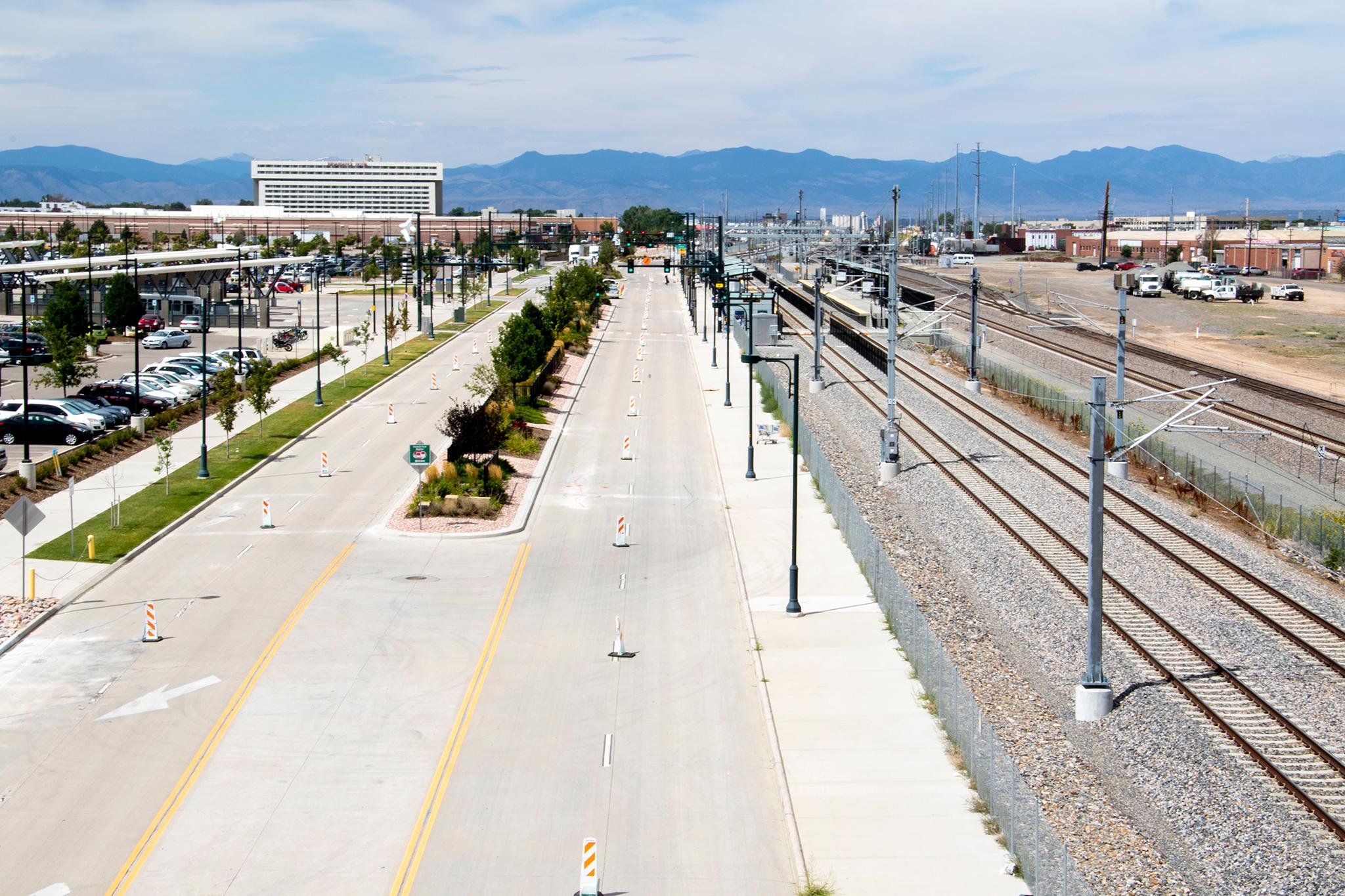
State Sen. Lester G. Jackson, a Democrat from Savannah, said he has submitted a resolution to the Georgia Board of Transportation recommending they change the name. But there's an added hurdle: Jackson said it's not necessarily clear who has the authority to change it.
"Many Georgianas, including myself, want Georgia to be a state where we are culturally sensitive," Jackson said over the phone Thursday. "We want everyone to feel comfortable. We should put an an end to racist symbols ... we want to remove all symbols that think of us as anything less than an inclusive state."
Then there's the case of White Settlement, Texas. The town west of Forth Worth resoundingly voted in 2005 to keep its unusual and -- to some -- racist name. The vote stemmed from local elected officials suggesting it was politically incorrect and stymyed economic opportunities.
Some locals weren't happy about it. As was the case in Stapleton, KXII News 12 reported that many locals said the change was unnecessary and costly. According to the city's website, the name was given to the area by American Indian tribes.
Then-Mayor James Ouzts supported the change but expected it to fail. Ouzts told NPR in November 2005 the city at the time was 85 percent white -- not unlike Stapleton.
"What we are proposing to them is that we hold on to the past but we look to the future, and, truly, that's what this is about," Ouzts said in 2005. "What is going to help our city be strong, economically viable and relevant 30, 40, 50 years from now when we're dead and gone?"
The group Rename St*pleton for All, who advocates for the name change, felt more time was needed to provide community outreach for this summer's vote.
Member Liz Stalnaker said this week the group will continue meeting, encouraged by the "heightened interest" in a potential name change despite the results. Stalnaker added the group will continue "reflective work" as it considers a path forward.
"Our mission hasn't changed," Stalnaker said.
Rename St*pleton is putting together a toolkit to help businesses interested in removing the name from their titles. There's also plans to bring the state's past to the stage. A short, upcoming play called "Inheritance" set in the 1920 will explore the city's KKK history. It's set to be performed at Curious Theater Company. Organizers intend to create a study guide for students and have the play tour area high schools.
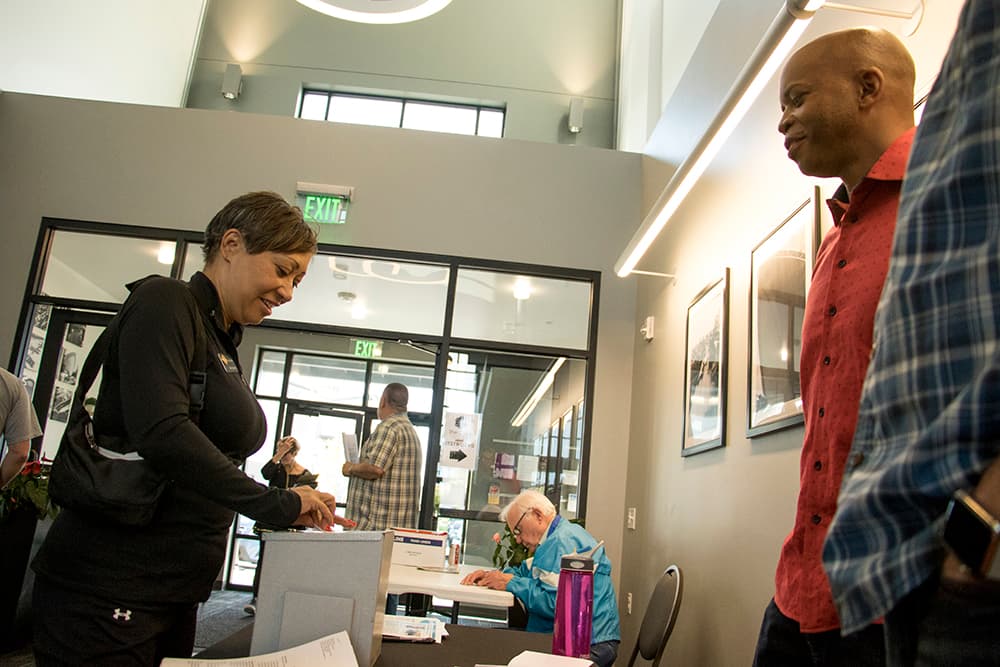
The neighborhood's mostly white population was one of the points the Rename organizers tried to zero in on, since the neighborhood's founding documents stated that diversity was among its fundamental objectives.
Local activist Theo E.J. Wilson said during a meeting last week formally recommending the referendum results that while he grew up in nearby Park Hill, he didn't necessarily understand the history of the neighborhoods. He said he does now.
"As a matter of history, it's only a matter of time before this name does change," Wilson said last week. "It's inevitable. It's all about being on the right side of that history."

